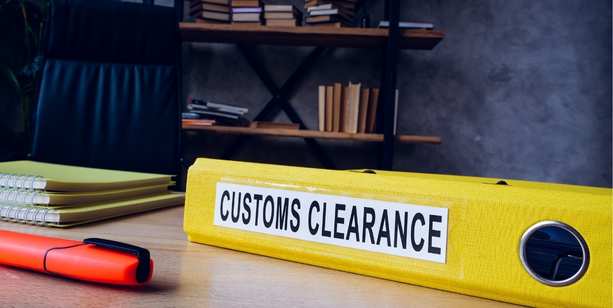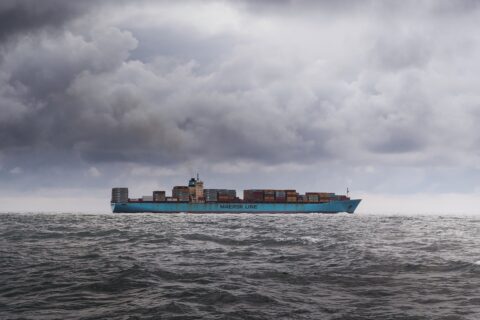
Customs clearance is a necessary step in the shipping process whenever you send products from one nation to another. You must receive export clearance before your freight may leave the port of origin. Similar to this, import clearance is necessary before your shipment can really enter the destination country.
Both inexperienced and experienced shippers tell us that customs clearance may be a difficult process with many traps. We have compiled nine crucial actions that you must complete when getting ready for customs clearance in order to help you prevent any delays or additional expenses.
Decide on a customs broker: Customs brokers are logistics experts who facilitate the customs clearance process and ensure that your shipment meets all standards, laws, and regulations for the import and export of the goods. They create the customs entry and assist with all necessary documentation, duties, taxes, and payments.
Look up Import/Export Restrictions in Particular Countries: It is your obligation to confirm that your freight can be exported from the nation of origin and admitted into the country of arrival before you send it on its route.
- What Is Prohibited? – Certain products are prohibited from export or import by countries. Before scheduling your shipment, we advise you to check the official lists of forbidden items to make sure your type of cargo is not included. With that said, if you meet specific circumstances and standards, you might be able to export or import some things that are illegal with written approval. But if you export or import illegal products without the necessary authorization in writing, your shipment may be impounded, and you risk fines.
- What Is Restricted? – For a variety of reasons, countries also set limitations on the import and export of particular items. You must be informed of any restrictions that apply to you prior to shipping your cargo. Here are a few examples –
- Age restrictions: For instance, vehicles older than 40 years old cannot be exported. Paintings that are more than 100 years old are likewise prohibited from exportation since they are regarded as having historical significance.
- Quantity limitations: Some products can only be imported or exported in a certain number of units.
- Packaging restrictions: Your products can only be exported or imported if they adhere to specific packaging standards.
- License requirements: Only companies with the necessary licenses are permitted to import or export specified products.
A nation may allow the importation of some items without the payment of import taxes. It is wise to confirm in advance with your customs broker whether your products are exempt.
3. Make sure you’re following trade agreements.
International trade is impacted by trade agreements, which also influence the tariffs and charges that nations charge on imports and exports. Free trade agreements are an example of a trade deal that can be advantageous to you, but they can also limit your options.
ProConnect Integrated Logistics – Your Warehousing & Freight Forwarding Partner
A third-party logistics company can help shipper mitigate a variety of risks throughout the supply chain by outsourcing logistics functions. By partnering with a 3PL, a shipper can free up time to concentrate on his or her core competencies without suffering from the ever-shifting logistics landscape.
If you are looking for a partner to take care of all your logistics hassles, talk to us.





 APP DOWNLOAD
APP DOWNLOAD